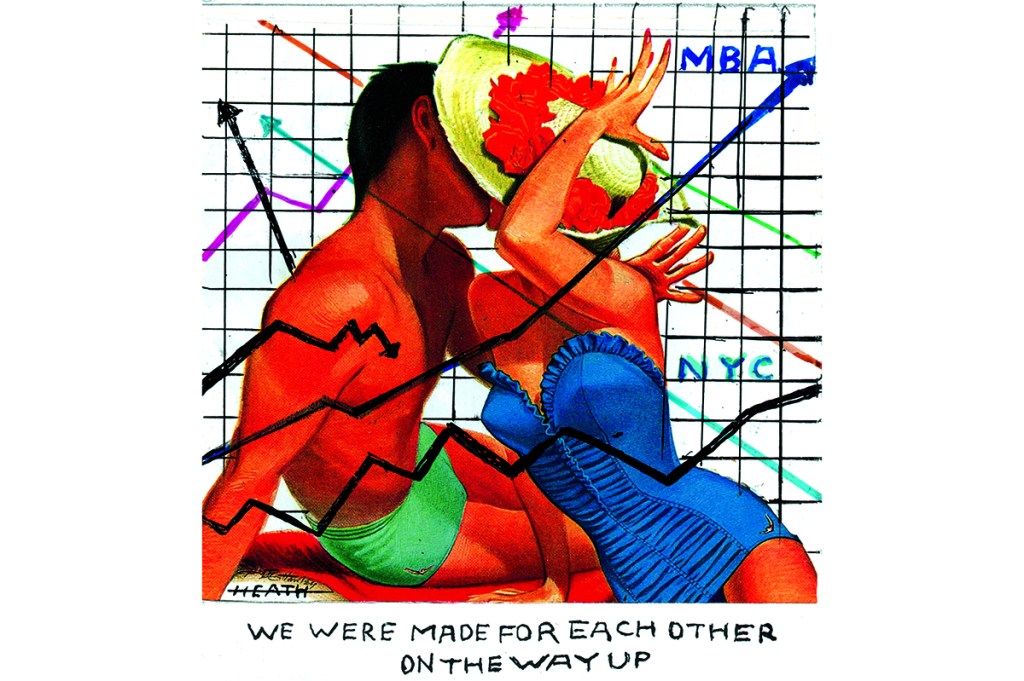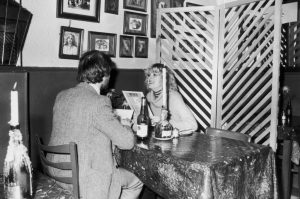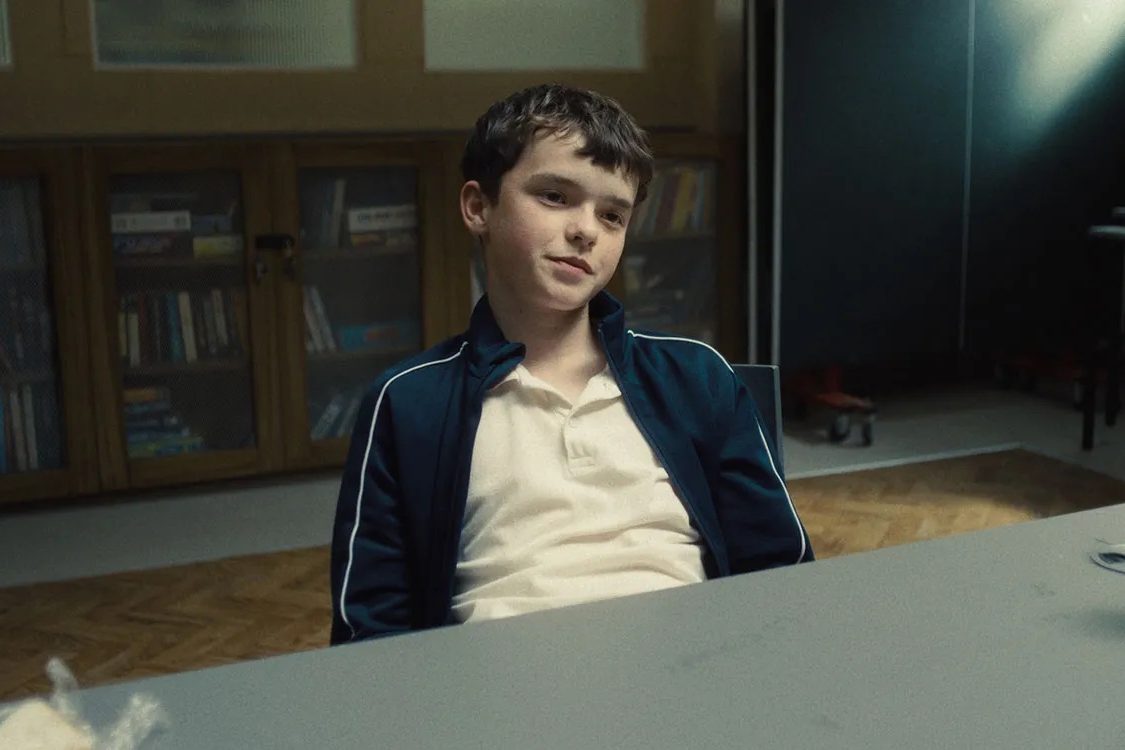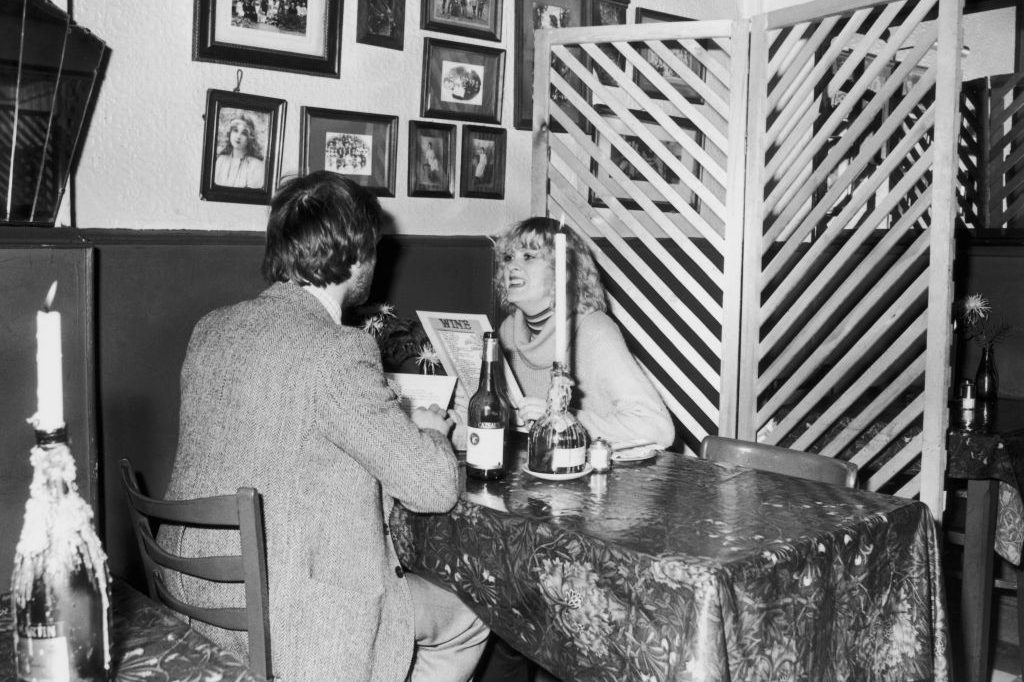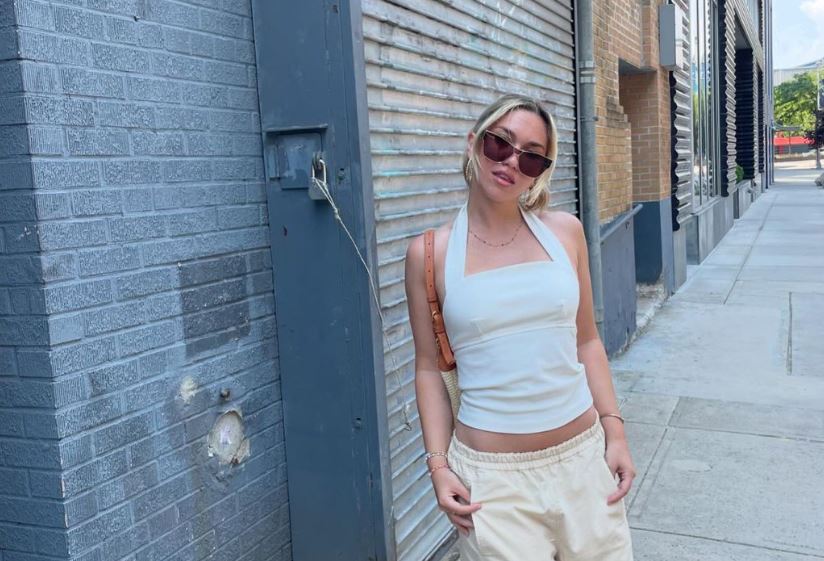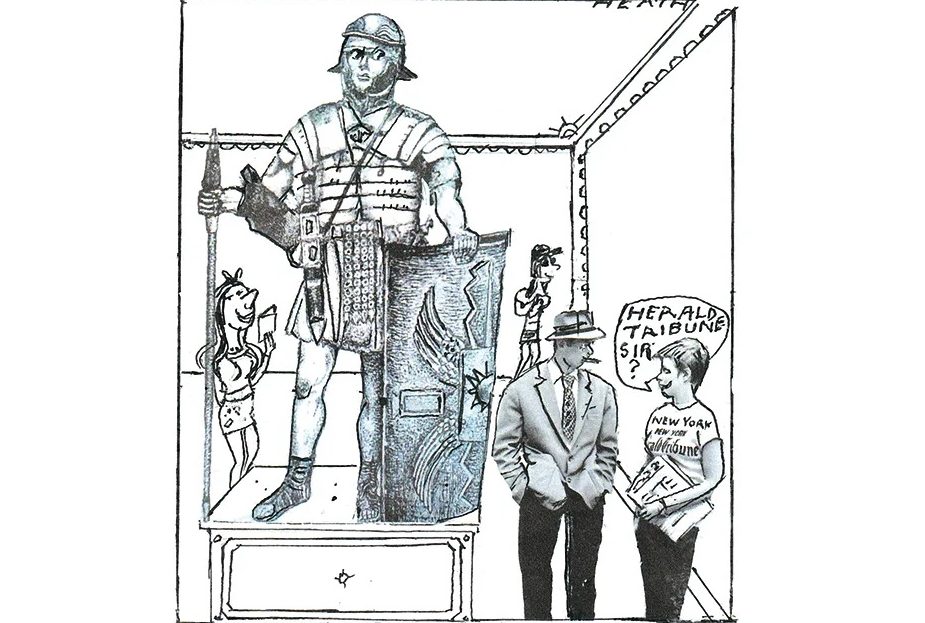“D’you know what the acronym MBA stands for?” The twenty-seven-year-old who asked me this had a deep tan and fluorescent teeth. He may have winked, but the eye-twitch was more likely a nervous tic developed from looking at himself in the mirror so much. I responded with a look of indifference mixed with fear. “Married” — he paused for dramatic effect and demonstratively looked at my wedding ring — “but available.” I felt nauseated.
I was in my first semester of business school in New York City and had so far learned how to make an educated estimate of a company’s optimal capital structure, how to make a balance sheet look balanced and how to use the word “conceptually” to sound smart in strategy class. Much about graduate school had surprised me, but nothing had shocked me more than my classmates’ preposterous wealth. They owned conglomerates in Latin America and chunks of Asian stock exchanges; palaces in the Middle East and penthouses in the West Village; islands in the Caribbean and a Tesla on every continent. Money oozed out of every crevice, but one thing few of them seemed to have much of was love.
A conversation during the early days of business school tends to start with “What did you do before this?” and move on to “Why did you choose to do an MBA?” The response to the former is quite predictable — “I worked in consulting/tech/investment banking/private equity/marketing/sales” — but the latter tends to be more interesting and can be a litmus test of whether someone’s worth getting to know.
The first time someone gave me what I’ve come to think of as “the marriage answer,” I thought she was joking. “I came to business school to find a smart, rich husband,” she said. I laughed. She laughed. Then we both stalled in awkward silence as it dawned on me that she was serious. The second time, I was still quite stunned: “I want to pivot into venture capital,” he said. I nodded despondently. “And I want to find a wife my parents will like. They’re quite particular.”
By the third, fourth, fifth time, I had the outline of a theory. If you’re super-wealthy, pursuing across-the-board success, run-of-the-mill dating apps don’t offer the sort of service you’re accustomed to. But hiring a personal matchmaker is crass and creates unnecessary pressure. A better bet is business school. For the modest price of a quarter of a million dollars — tuition, accommodation, the opportunity cost of forgone earnings — you too can gallivant the world with pedigreed singles, under the guise of getting an elite education in the socially acceptable interest of professional ambition.
So does it work? In true B-school fashion, you can argue both ways. A blog on Harvard Business School’s website suggests unequivocally, yes. Kristina, class of 2022, tells how she met Weston, also ’22, on a boat trip during their first year. “Despite the brisk Boston weather, Weston warmed me up immediately with his bright yellow Hawaiian shirt, disarming charm and 100-megawatt smile,” she writes. The two were engaged by the following summer.
Elsewhere, Laura and Daniel met during MBA orientation at IE Business School in Spain before they decided to move to America together. They were both class of ’19 at Yale School of Management and are now married. “I am Israeli, and Laura is Colombian,” Daniel writes on Yale’s website. “While we come from very different backgrounds, building our relationship against the backdrop of Yale SOM helped us forge a strong bond and cement our relationship.”
But anecdotes famously only tell part of the story. In 2017 the University of Chicago Booth School of Business crunched some numbers and found that only about 5 percent of their 52,000 alumni had married fellow Booth graduates. That’s lower than the school’s acceptance rate. Despite profiling an array of coupled alums — right back to still-happily-married Clayton and Julianne Rose, class of 1981 — the statistics don’t lie.
One thing I learned from my own MBA was to consider all obtainable information before making a strategic decision. Stanford sociologist Michael Rosenfeld, in a 2019 paper, found that about 39 percent of heterosexual couples in the United States reported meeting their partner online. Indeed, the internet is now the most common way of finding a partner in America. A (probably slightly less statistically sophisticated report) published by the Knot, a wedding-focused media and tech company, found that Tinder alone was responsible for pairing some 27 percent of the newlyweds who met online last year. Even treating Booth as an extremely inexact proxy for other MBA programs, a fancy grad schools’ Pandarus-like qualities aren’t particularly promising when compared to the swipe-right/swipe-left approach.
Back in New York City, some current students are reaching similar conclusions. There weren’t quite as many eligible descendants of the Kennedys or Vanderbilts in their business analytics classes as they had hoped. Warren Buffett’s offspring were nowhere to be seen in the managerial economics break-out sessions. And it turns out that being rich, well-traveled, beautiful and enrolled in a prestigious MBA program isn’t always a sustainable base upon which to build romantic relationship with someone other than yourself.
Students due to graduate this coming May from both Columbia Business School and Stern at NYU have told me they’ve recently “got back on the apps.” The sense of defeat is palpable. “Who knows?” says a thirty-year old who’s planning on returning to his consulting job. “Maybe I’ll meet someone on Tinder after all.” It took two years and cost as much as a detached suburban family home but it was worth a try. As Meat Loaf almost crooned, I would do anything for love. Even an MBA.
This article was originally published in The Spectator’s March 2023 World edition.



